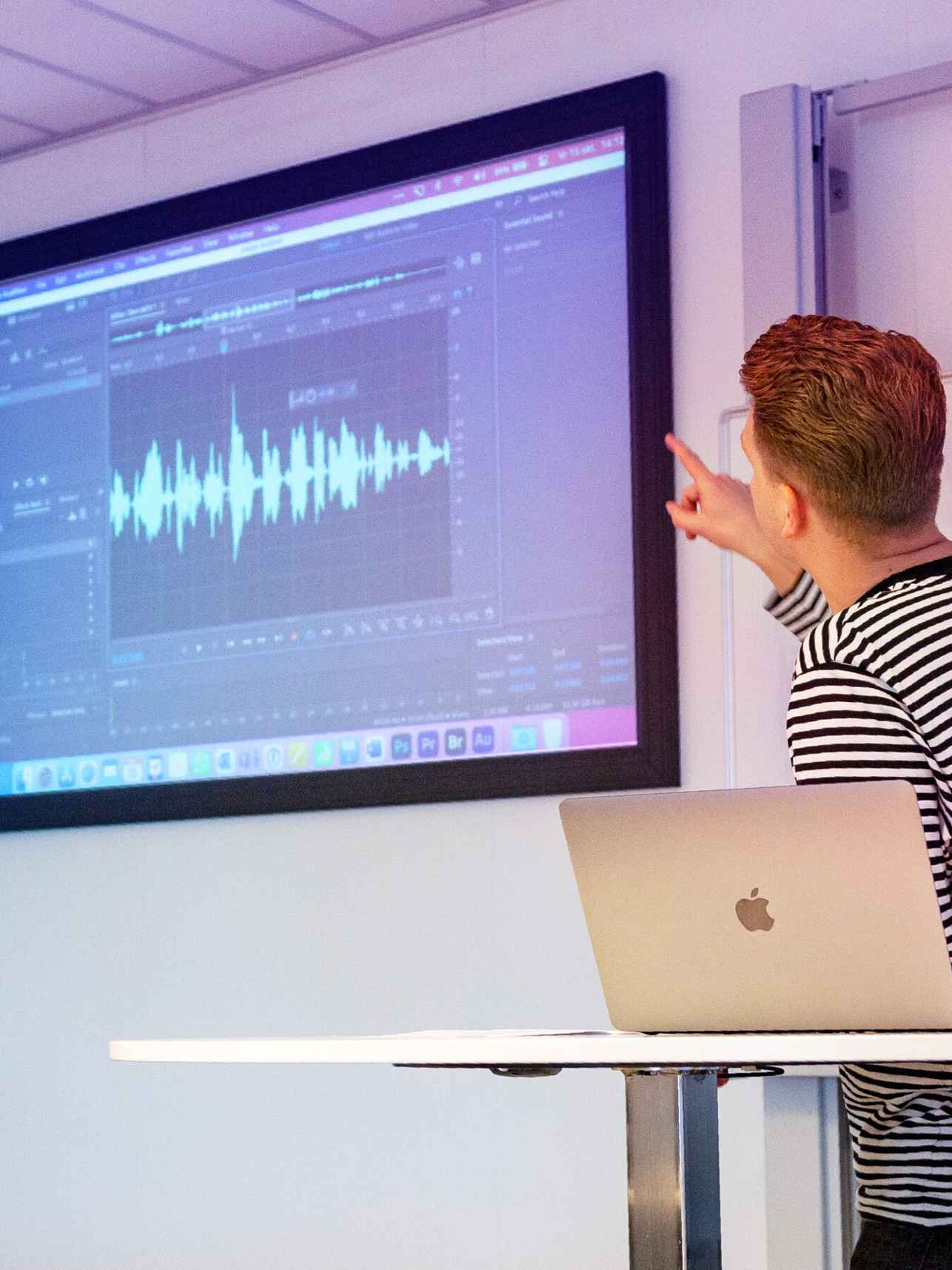Digitale Media en Creatieve Industrie
FaculteitVanuit de campus in Amsterdam biedt de faculteit Digitale Media en Creatieve Industrie van de Hogeschool van Amsterdam een breed scala aan onderwijs op het gebied van media, communicatie, digitaal design, ICT en mode
Onderwijs

Onze opleidingen zijn onderverdeeld in vier clusters: Fashion, ICT, Media en Communicatie en Mediadesign.
Onderzoek

Onderzoekers van de faculteit Digitale Media en Creatieve Industrie doen praktijkgericht onderzoek naar vragen en problemen uit de praktijk. De resultaten zijn kennis, inzichten, producten en diensten die bijdragen aan innovatie, het oplossen van maatschappelijke vraagstukken en de vernieuwing van het onderwijs.
Samenwerking met het bedrijfsleven

De faculteit Digitale Media en Creatieve Industrie werkt natuurlijk ook op andere manieren samen met verschillende partijen zoals (inter)nationale mediabedrijven, audiovisuele bedrijven, uitgeverijen, reclamebureaus, ontwerpers, ICT-ondernemingen en de modesector.
